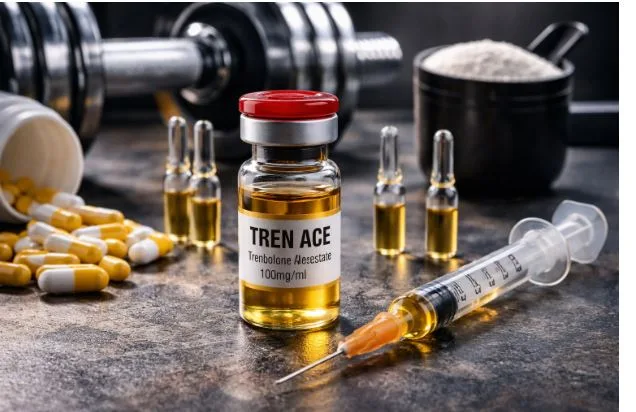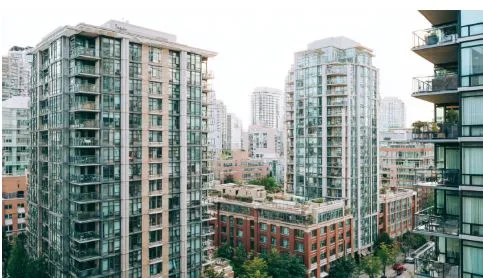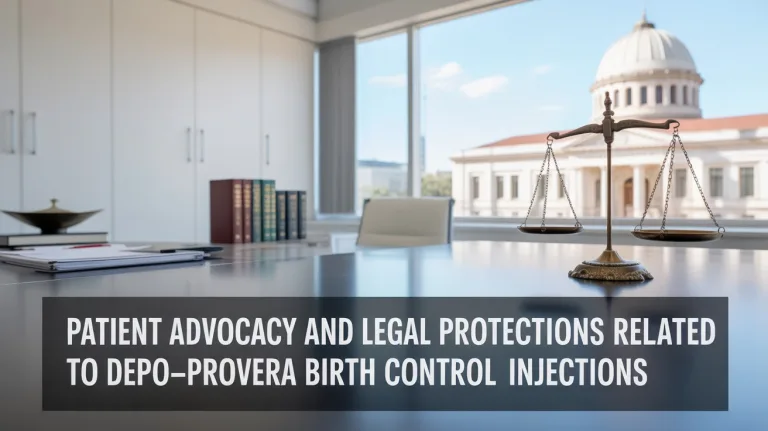What Materials Make Industrial Entry Mats Long-Lasting
Those heavy-duty mats at business entrances really help keep places clean and safe. Day after day, these mats shrug off heavy foot traffic, bad weather, and whatever mess gets tracked in. When you pick out the best materials, they’ll hold up strong and work just like they should. What makes industrial entry mats last? We’re breaking down their strong materials.
Rubber: A Resilient Choice
Rubber is a popular material for industrial entry mats due to its durability and flexibility. You’ll see it handles crowds and nasty weather without a hitch. Think about rainy days or a splashy pool deck. This material simply lets water run right off, giving you a solid footing and making outdoor areas much safer for guests and family. Additionally, rubber mats are easy to clean, requiring minimal maintenance. Picture a bustling factory. These things just make good sense, where work never stops.
Nylon: Strength and Absorption
Nylon truly shines as an entry mat material. It’s tough and soaks up spills well. Imagine its fibers catching all that mud and water. They stop it cold before it tracks inside. This material bounces back when you squish it, so it always looks as good as new. You can count on nylon mats to fight off mold and mildew, even in very humid areas.
Polypropylene: Versatile and Durable
Polypropylene is another excellent option for industrial mats. Spills? Sunlight? No problem. This adaptable material holds its color and won’t stain. Forget about sun damage or water rot. This material laughs at the elements, staying tough and usable for many years. Light polypropylene mats make moving and setting them up a cinch. These things really hold up! You can toss them inside or outside without a second thought.
Coir: Eco-Friendly and Effective
Coir mats, made from coconut husk fibers, offer an eco-friendly alternative. You’ll be amazed at how well these mats clean off shoes. They trap all the dirt and grit before it can get inside. Coir comes straight from nature, breaks down, and helps the planet. While it is not as durable as synthetic options, coir provides excellent performance in less demanding environments.
Microfiber: Innovative Absorption
Microfiber has gained popularity due to its exceptional absorbent properties. This material is incredibly thirsty. That makes it perfect for spots where spills are a regular headache. You’ll notice how microfiber mats actively grab dust and tiny bits, making your room feel fresh. Keeping them tidy is incredibly simple, usually just a quick rinse. This straightforward maintenance really boosts their value for heavy industrial work.
Vinyl: Affordable and Practical
Vinyl mats provide an affordable option without sacrificing functionality. Even in the busiest hallways, you can count on this surface to last. Take a look at any busy entryway or laundry room – you’ll often see vinyl mats there. They really shine in those damp, dirty spots because water simply can’t soak into them. These items are a smart pick for any business watching its spending, since they cost little and are simple to keep up.
Blended Materials: Combining Strengths
Some entry mats utilize blended materials to enhance their performance. When you blend various fibers, you get a material that’s super tough and really gets the job done. For example, a blend of nylon and polypropylene can provide strength and stain resistance. Hybrid mats usually shine, no matter the weather or terrain.
Maintenance Tips for Longevity
Proper care extends the life of industrial entry mats. Regular cleaning prevents the buildup of dirt and grime. For rubber and vinyl mats, a simple hose down or mop can suffice. Nylon and microfiber mats may require vacuuming or washing, depending on usage. Ensuring mats are dry before placement reduces the risk of mold growth. Rotating mats periodically can also help distribute wear evenly, prolonging their lifespan.
Conclusion
The stuff industrial entry mats are made from directly impacts how long they last and how well they clean up messes. Rubber, nylon, polypropylene, coir, microfiber, vinyl, and blended materials each offer unique advantages. You’ll pick the best choice once you truly grasp what your setting requires. Give these mats the care they need, and watch them go to work. They’ll play a big part in making your factory floor both spotless and much safer.





